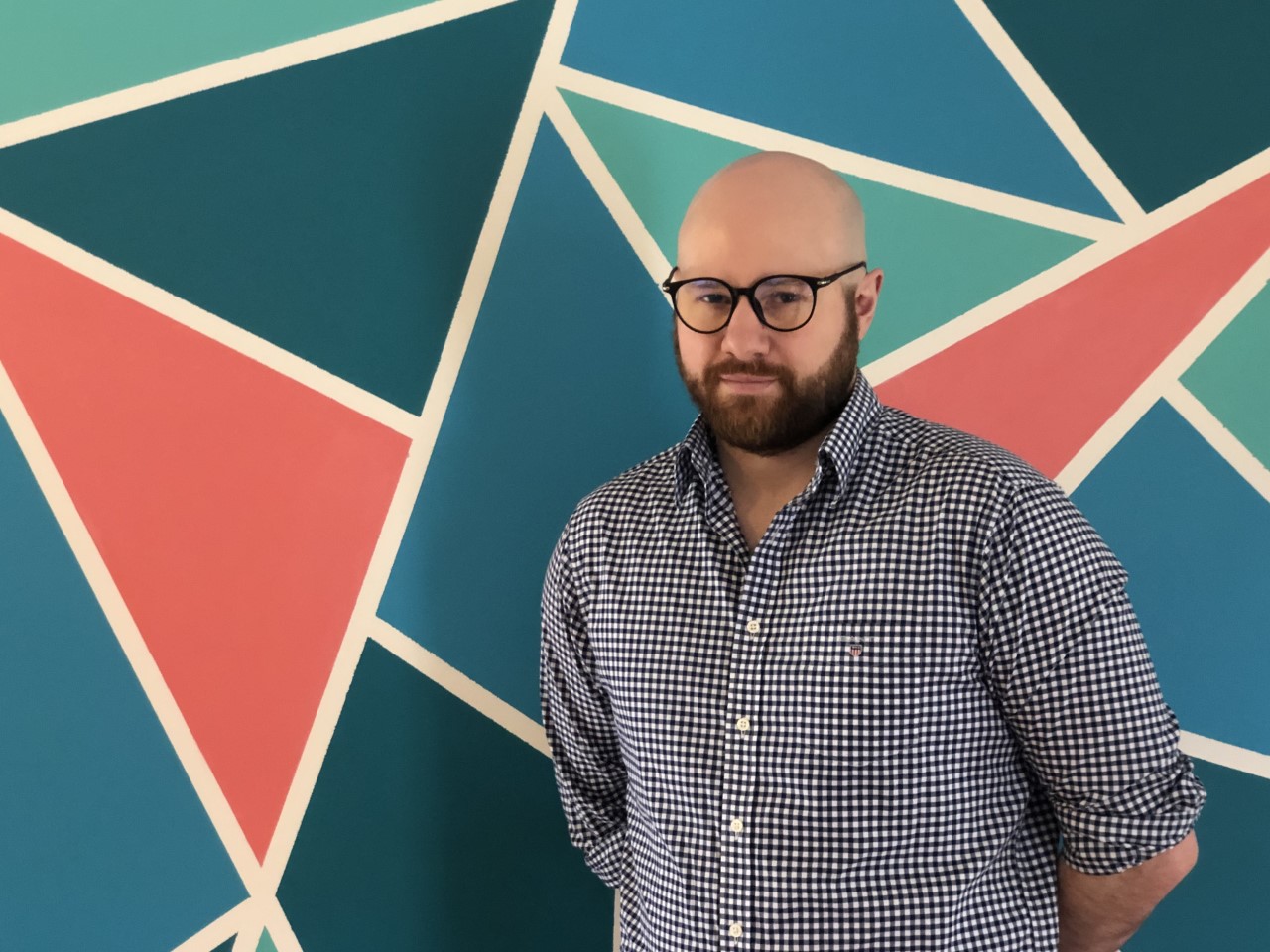Hayden Mackenzie
Master of Epidemiology student Hayden wanted to explore population-based research and analysis methods.

Master of Epidemiology
Moving from a clinical career to a research-oriented one, I wanted to expand my research skills and specifically explore population-based research and analysis methods. I’d always been stirred by questions like “How would people’s health outcomes change if we paid attention to X?”, and the idea of finding answers to these sorts of difficult questions I think is a really worthwhile challenge.
I’d looked around, and Melbourne was ranked among the best universities both locally and globally for the kinds of projects I find interesting. I’d also be lying if I didn’t admit part of the appeal was the campus and its architecture – I love the sense of history they convey and it reminds me how many people have walked these paths before me.
For me, the appeal of science in general is shining light on ideas which improve our understanding of the world. At the moment epidemiology has been thrown into the spotlight of that pursuit as we try to navigate our way through a global pandemic. I’m fortunate that being a student of the field has allowed me to start developing the skills to approach questions of enormous impact to humanity, and to help assess and translate the flood of information coming through different channels currently.
Good science involves separating the reliable information from the unreliable, and turning that information into good decisions. This course has really helped fine tune my ability to tell the difference between good and bad information, and ask better questions of the data so that we can make better decisions.
Currently I work as the Research and Development Lead at Work Healthy Australia – a company which partners with workplaces to triage, manage and reduce workplace injuries. What I love most about it is that the data we collect and the experience we have allows us to ask and answer really interesting questions about why injuries occur, in whom, and what factors influence recovery. The lessons we take from this allow us to have a huge positive impact on the recovery of individuals, many of whom are in low-income roles and can’t afford to be off work. It’s a nice situation where everybody wins, and we get to advance the field while we’re at it.
Learn more about the Master of Epidemiology
Health at Melbourne Stories
-
Andrew Feehan
Doctor of Medicine student Andrew Feehan’s relationship with the University of Melbourne began when he was a Year 10 student at home in the north-eastern Victorian town of Wangaratta.
-
Clare Pratt
Clare Pratt, originally from Ballina on the north coast of New South Wales, moved to Melbourne to study a Master of Nursing Science after stints living in Brisbane and overseas.
-
Zunayed Kabir
Bachelor of Biomedicine student Zunayed Kabir moved to Melbourne from Western Australia’s Port Hedland, the second largest city in the Pilbara region.
-
Isabella Pozzi
Isabella Pozzi moved from Cairns in northern Queensland to study a Bachelor of Biomedicine at the University of Melbourne.
-
Samuel Edgar
Sam Edgar moved to Melbourne from Bendigo, although he is originally from Swan Hill in the north west of Victoria. He enjoys the fast pace of Melbourne and gets around the city on his bike.
-
Aditya Athale
When a cricket ball struck Aditya and chipped his tooth, it was the start of a long and winding road towards a career in dentistry in Shepparton.
-
Catherine Mannering
Catherine knew she was made for a medical career while she was studying at school in Albury.
-
Danielle Anstee
Danielle is a familiar face around Bendigo and she’s on a mission to help improve women’s health in the regional city.
-
Holly Sizer
When Holly found herself in Tanzania helping to deliver babies and treating people who’d walked many kilometres for medical aid, she knew where her future lay.
-
Josh Murray
Josh, a first-year Doctor of Medicine (MD) student, will return to his rural roots as soon as he qualifies as a GP.
-
Shabana Alavi
For Masters of Speech Pathology graduate Shabana, placement at Ballarat Specialist School working with children was a favourite moment during her studies.
-
Tracey Dastey
Tracey is a Practice Nurse working in a small general practice in the town of Moe and can’t imagine moving away from the Latrobe Valley.
-
Michael Diamond
Michael chose to study the Graduate Diploma in Psychology as he wanted to make a positive impact.
-
Jomy Jose
For Master of Public Health student Jomy, the breadth of the course and range of specialisations really appealed to him.
-
Lindiwe Mlalzi
Lindiwe chose to study the Master of Social Work as she wanted to make a difference in people's lives.
-
Jason Kenna
Graduate Certificate in Sexual Health student Jason is passionate about breaking down stigmas around sexual health.
-
Robyn Holmes
Robyn chose to study the Graduate Certificate in Sexual Health to educate the community about sexual and reproductive health.
-
Brianna McCoola
Brianna chose to study the Graduate Certificate in Adolescent Health and Wellbeing and is now advocating change in youth cancer care.
-
Lizzie Korevaar
Lizzie chose to study the Master of Biostatistics as she was looking for a way to apply her love of maths.
-
Hayden Mackenzie
Master of Epidemiology student Hayden wanted to explore population-based research and analysis methods.
-
Jeremy Welton
Master of Epidemiology graduate Jeremy studied the course to build his skills in clinical research.
-
Roxanne Hastie
Master of Epidemiology graduate Roxanne studied the course to expand her research skills to include epidemiology.
-
Jessica Bonaddio
Graduate Certificate in Physiotherapy (Exercise and Women's Health) student Jessica studied the course to deepen her theoretical knowledge and develop clinical skills.